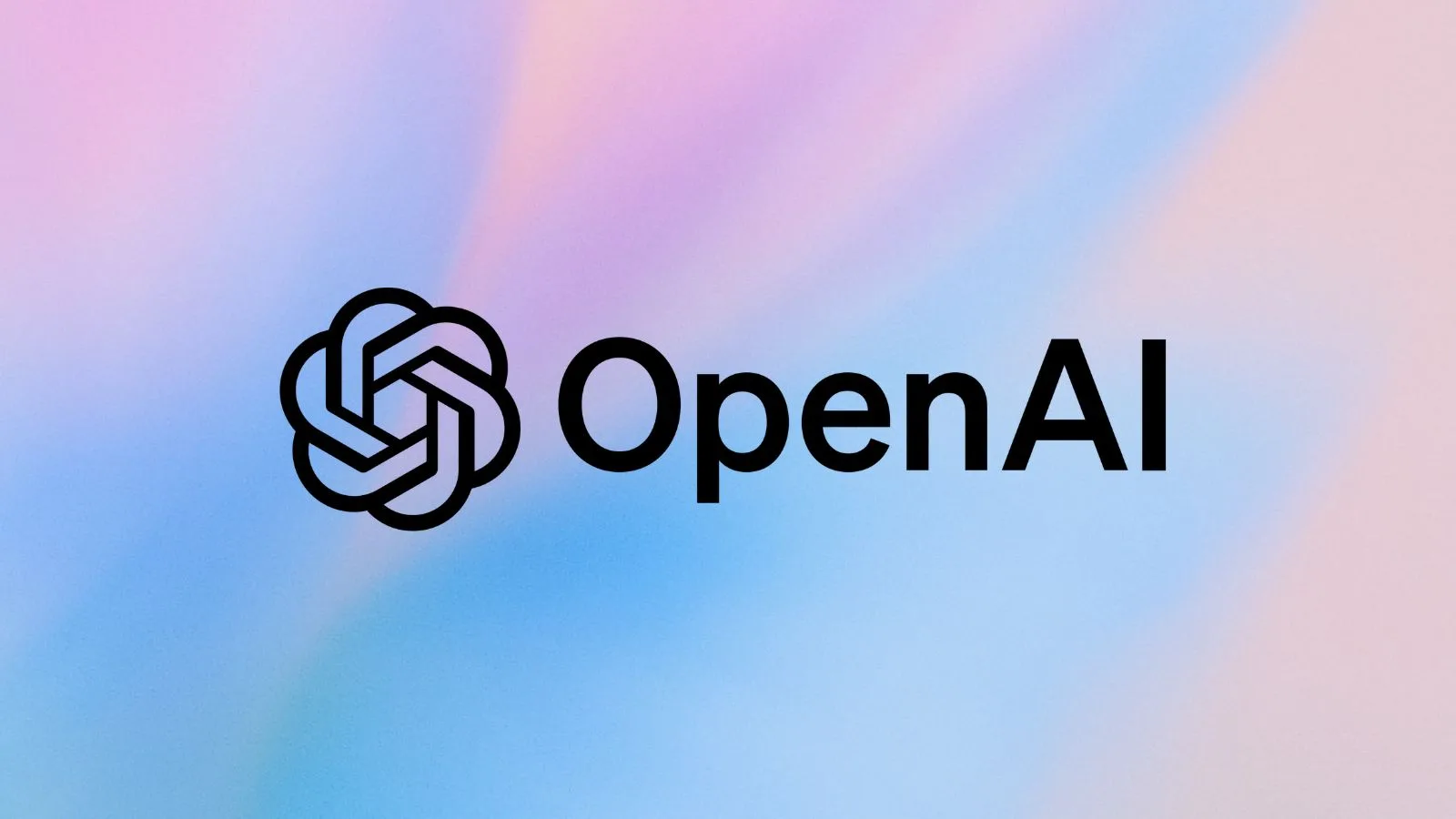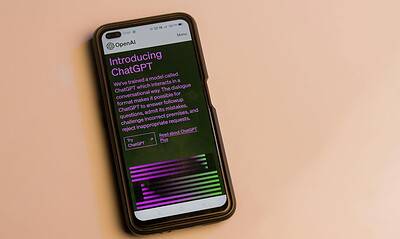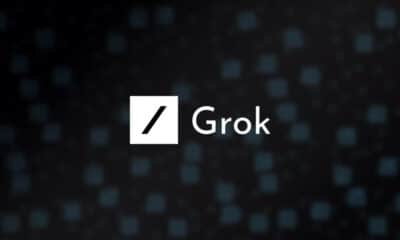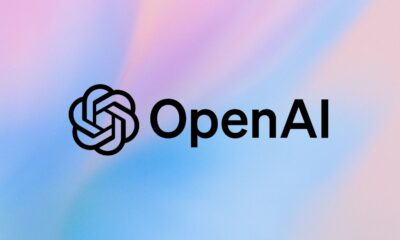AI
OpenAI finally finishes its for-profit glow-up with Microsoft
The new for-profit entity is a public benefit corporation, meaning it’s supposed to make money and do good.

Just a heads up, if you buy something through our links, we may get a small share of the sale. It’s one of the ways we keep the lights on here. Click here for more.
After months of legal wrangling, high-stakes negotiations, and a dash of billionaire drama, OpenAI’s controversial restructuring is finally official.
The company announced it’s now split between a shiny new for-profit arm, OpenAI Group PBC, and a rebranded nonprofit parent, the OpenAI Foundation.
Think of it as a tech-world divorce where everyone still lives in the same mansion, but with clearer rules about who controls the AI that might one day outsmart us all.
The new for-profit entity is a public benefit corporation, meaning it’s supposed to make money and do good, ideally in that order.
The Foundation, which holds roughly $130 billion in equity, plans to direct $25 billion toward healthcare and AI resilience projects.
It’ll even get more ownership if OpenAI’s valuation hits certain (unspecified) milestones.
Not bad for an organization born as a humble nonprofit research lab co-founded by Elon Musk, who, naturally, has been suing them over the whole thing.
The restructuring also wraps up a year-long standoff with the Attorneys General of California and Delaware, who had to sign off on the deal.
Without that approval, OpenAI risked losing up to $10 billion from SoftBank, so, yes, this was crunch time. Then there’s Microsoft, OpenAI’s BFF-slash-rival.
The companies inked a new partnership deal that updates the infamous AGI clause, the one that once said Microsoft would lose rights to OpenAI’s tech if the company ever achieved artificial general intelligence (aka Skynet Lite).
Now, an independent expert panel has to verify AGI before anything changes, and Microsoft keeps its IP rights through 2032, even after AGI arrives.
Still, Microsoft’s stake shrinks slightly to 27 percent, and it won’t get access to OpenAI’s upcoming consumer hardware, rumored to be designed with Jony Ive.
Oh, and the two are no longer exclusive, meaning Microsoft can now chase AGI on its own.
So, the partnership isn’t breaking up. It’s just entering its open relationship era.






























dean
October 29, 2025 at 4:47 pm
hello